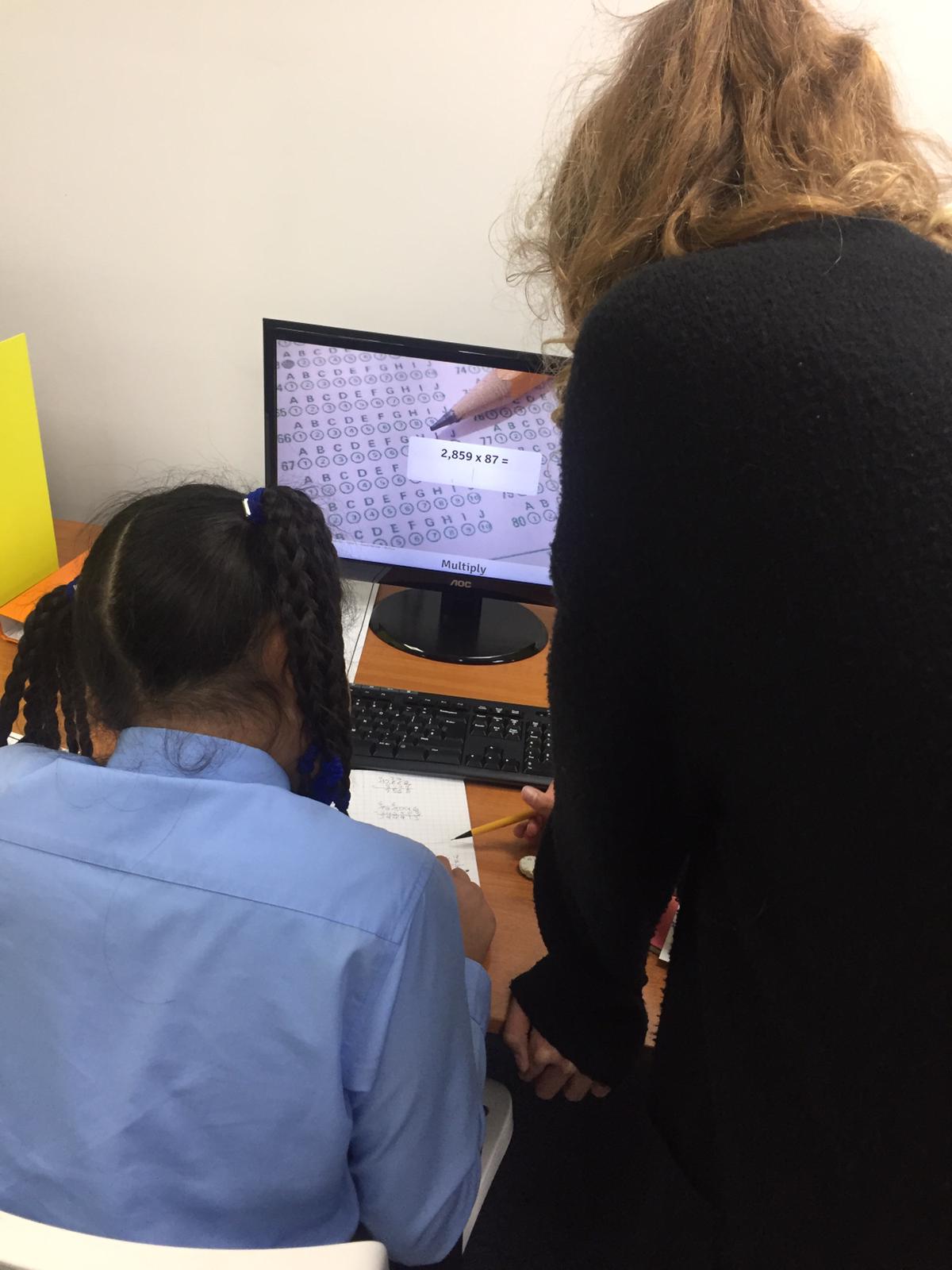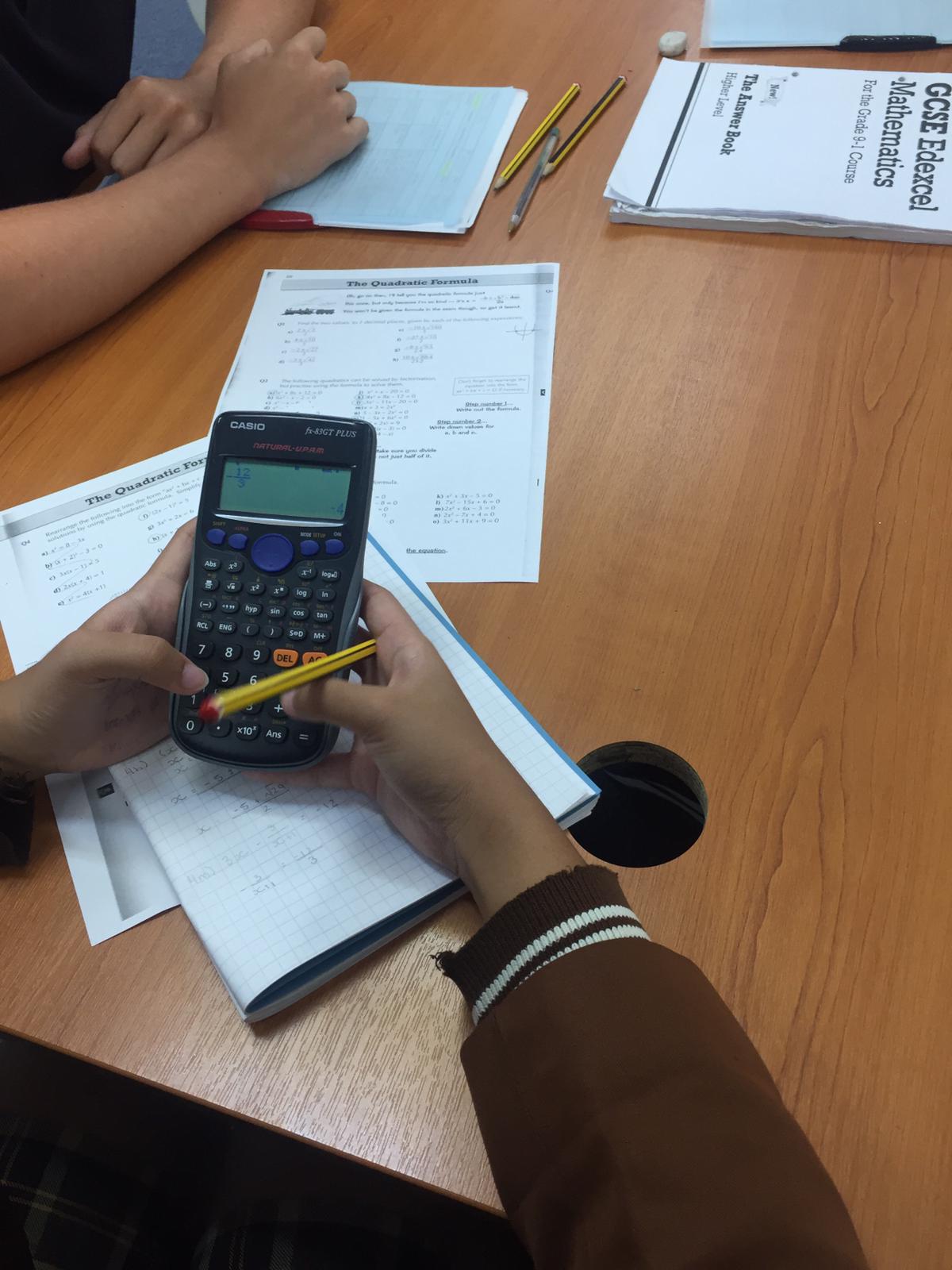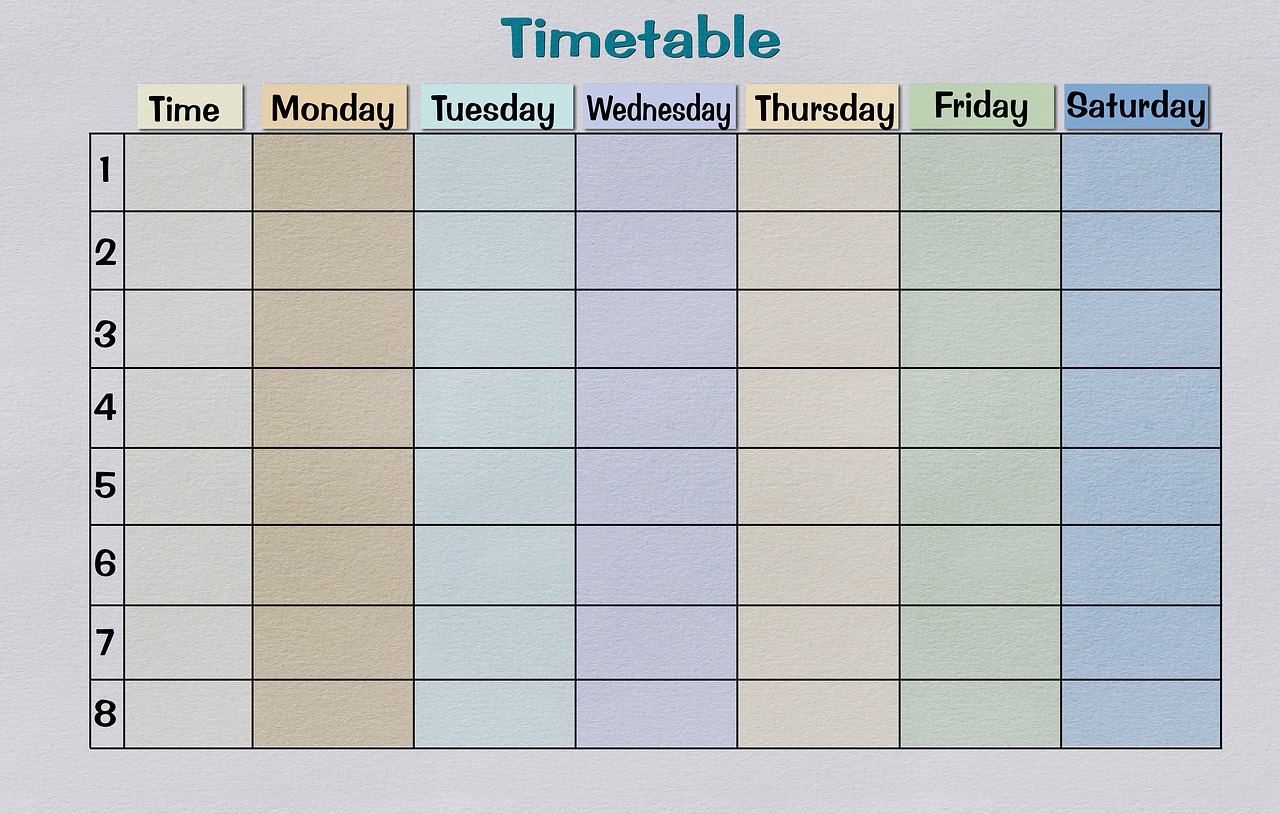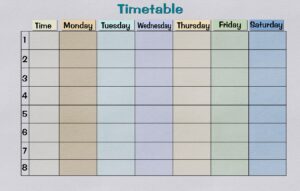Category Archives for "Blog"
Posts that have edge-case related tests
Posts that have edge-case related tests

The annual day of teacher recognition first started by the United Nations Educational, Scientific and Cultural Organisation (UNESCO) in 1994. This year’s theme is “Teachers: Leading in crisis, reimagining the future.” This is because the COVID-19 pandemic has had a major impact on education systems worldwide. It has added to the responsibilities that teachers face on a daily basis. They have had to adapt to remote learning, support vulnerable students, work in the classroom during the pandemic and ensure students aren’t falling behind in their education.
Teachers are an influential role model in many lives. I’m sure every one of us has had a favourite teacher who has positively impacted their learning in some way or another. Whether it’s teaching a challenging concept, sharing their passion for a subject, or simply being there for their students, take today to reflect on the importance of teachers.
World Teachers’ Day is celebrated this year with a week of virtual events which will finish on the 12th October. You can celebrate remotely by watching the events online, as well as reminiscing about your favourite teachers!

These connections are called neutral pathways. This is why
it’s important for children to repeat what they learn. This way the neutral
pathways become stronger. So, how do children develop thinking and
learning skills?
Children are constantly learning new skills at their own pace. They go
through different stages of development. Once children learn the basics of
one area, it is easier for them to expand on that area, building upon their
knowledge.
There is certainly no one-size-fits-all with learning. This is why it is useful
to teach children in different ways. Some may be auditory learners, who
learn best when there is music playing or background noise. While others
may learn by doing, remembering more through a hands-on approach.
Teaching children that there are different methods of processing
information will help each individual to grasp it in their own way.
Encourage your child to be curious and explore new ways of thinking. Try
to ask them how they reached a certain conclusion by asking “why?”
Similarly, get your child to go beyond “what?” and instead question
“why?” and “how?” This will open up a new discussion and let them
actively think about what they are asking. It is also worth teaching your
child that it is okay to agree and disagree with things. If they don’t
understand or support someone’s statement, let them know that they can
ask more about it. Then they can form their own opinion on the subject
and provide a reason for thinking this way.
Thinking critically about information and scenarios children are presented
with will help them come to their own conclusions. This way of thinking
requires a lot of thought and analysis. It will encourage children to think
for themselves and challenge things more.

Starting to learn those all important life skills early on will strengthen their mindset and help to become more resilient. Learning executive function skills will benefit your child in education and in their everyday life.
Learning how to focus will help your child to achieve their goals. Self-control is about teaching your child to stay disciplined. This is particularly useful to practice when revising and completing homework. It will allow your child to complete the task they are set without distraction or procrastinating.
Perspective taking is about seeing other people’s viewpoints and understanding how others think and feel. It is an important life skill because it allows your child to see beyond their own thoughts and feelings, helping them to become more openminded.
Being and effective communicator is a highly important life skill. It helps the way your child expresses themselves, improves their social skills and benefits academia. Communication will come in handy later in life for interviews, essay writing and public speaking.
This skill teaches children to think for logically for themselves. By teaching your child how to think, encourage them to go beyond asking “what? and encourage them to ask “how?” and “why?” It will open up a new discussion and widen their understanding.
In order to constantly learn and improve, children should try to push themselves by taking on new challenges. This could be picking up a new hobby, trying a new skill or stepping outside their comfort zone every now and again. As a parent, you can introduce them to new things and let them know what’s out there to try.

Students are currently awaiting grades from exams they were unable to sit due to the coronavirus. Instead, GCSE exam grades will be assessed based on teacher’s predictions. These predictions are then fairly moderated by the exam board.
Usually, students will go into school on results day to collect an envelope of their grades. However, because of social distancing, as a general rule they will receive results online. This will be either via an online portal or email. Students are unable to discuss grades with friends and say their farewells to teachers this year, unfortunately.
After the decision was made by Ofqual in May to cancel exams, schools were told to ask teachers to assess their students on their previous academic progress. This includes mock exams, assignments and homework.
40 per cent of results are expected to be downgraded due to the algorithms predicting students’ grades.
Students can ask their school if they have made an error when finalising and submitting their grades. If this has happened, students can appeal to the exam board. They will not be able to individually appeal their results to the exam board, however. If students are unhappy with their results, they may take their GCSE exams between the 2nd and 23rd November.

Having a dictionary and thesaurus to hand will encourage your child to look up spellings and synonyms whenever they please. If they are stuck on a particular spelling or wish to know a word definition, you can encourage them to check for themselves in the dictionary. If your child wishes to expand their vocabulary or try creative writing, go through a thesaurus together and learn new words.
There are four types of vocabulary:
Hearing and understanding different words.
Words we use in our vocabulary when we communicate.
Words we recognise and understand when we read.
Words we use when we write.
Typically, a younger child’s spoken vocabulary is larger than their writing and reading vocabulary. As the child becomes older and can read confidently, their vocabulary grows in all four areas.
There are two ways children develop their vocabulary:
Most vocabulary is developed in this way.
It involves:
This approach involves active learning to improve vocabulary, such as:

Going over the school syllabus with your child every so often will help to prevent summer learning loss. Help them to understand anything they are stuck on, so they can get a head start for the new academic year.
Putting aside a few hours a week for reading is highly beneficial for your child. It will improve their vocabulary, improve their communication and help with writing skills. Encourage them to write down all the new words they’ve learnt and use it in their vocabulary.
There are plenty of free practice papers online for every year group. This is an easy way for your child to practice the English, Maths and Science syllabus. You can monitor your child’s progress by giving them regular practice papers to complete and marking it together. Go through the incorrect answers together and help your child to understand where they went wrong.
During the summer holidays, the thought of learning might not be the most exciting for your child. But learning can be made fun! There are educational apps and websites to try, you can make up learning games, or watch something educational together. Making learning interactive will involve your child in the learning process and help them to retain information.

Learning doesn’t have to just be inside the classroom. Motivating your child to learn at home is just as important. There are many ways for how to motivate your child to learn.
Children learn in different ways and there’s no one-size-fits-all with learning. All children need are a can-do attitude and enthusiasm to learn.
Try these tips for how to motivate your child to learn:
Creating a space where your child can associate with learning will help them to get into the right mindset. It can be any space with a desk and a calm environment. Perhaps keep their textbooks and stationery here too, so the space is always set up to learn. Your child will associate this place with where they go to learn.
Every child has a different learning preference and style that works best for them. Some have one learning style, while other children have multiple ways that work for them. Helping your child to discover what learning style works for them will help motivate them with learning. There are seven types of learning styles, read about them here.
Try playing games with your child to make learning interactive and enjoyable. It combines non-cognitive skills with learning and will encourage your child to learn. There are many types of games you can play with your child depending on the subject. If your child needs to practice spelling, you can play scrabble. For practicing maths, you can play maths bingo with equations to solve on each square.

It can be a scary thought for children, as it is a big change in their life. It means new teachers and new friends, different classrooms and subjects.
So, as a parent, how can you help your child prepare for this next big step?
Preparing your child for secondary school has never been easier with these 3 tips:
Your child will need to learn to be more independent and do more for themselves. This can be small things at first, like preparing their own lunch, or packing their bag themselves. If they will be travelling to secondary school alone, take the journey with them. This will help them to become familiar with the route.
In order to make their transition to secondary school smooth, ensure your child is fully equipped for when they start. This means making sure they complete any work they have been set. They may also need new textbooks, more stationary and a new uniform.
Your child may have worries or concerns with starting secondary school. It is a new start, which can seem a little daunting. Be there to listen and talk to them about anything that’s on their mind. Reassure your child that everyone is in the same position and it is an exciting new chapter in their lives.

Writing is a skill for life, which is why it’s beneficial for children to practice from a young age. It will come in handy for essay writing, communication and even expression.
Encourage creative writing by trying these 3 fun writing prompts for children:
Letter writing is a good skill for children to practice. There are many different types: thank you letters, job applications, letters of complaint – everyone will have to write a letter at some point in their lives.
Writing in this format is a transferrable skill, as it is similar to writing emails, which are more common than letter writing.
As a fun exercise, ask your child to write a letter to someone. It could be to a relative, friend, or even their favourite character in a book or film.
Introduce them to the layout of a letter. Address the recipient a the top: Dear…
Then introduce the subject, write in the first few lines what the letter is about.
Remember to sign it off at the end. Show your child the many ways they can sign off a letter: Sincerely, Kind regards, Best wishes…
A to-do list is a good way to practice writing, whilst giving your child a responsibility.
Ask them to write a list of things they need to complete for the week. Get them to write it the weekend before, so they have the list for the start of the week.
This will provide your child with a structure for their week, giving them the satisfaction of ticking off a task once it’s complete.
If there’s an occasion coming up, like a birthday, anniversary, wedding, and so on – ask your child to make their own card. They can design the front according to the occasion and personalise the inside.
If there’s no upcoming occasions, your child can make a fictional card for a character they like. They can design the card around that character and personalise it to them specifically.

For children, it is especially important to get into a routine in order to get schoolwork done and improve time management.
Creating a timetable is an effective way to keep on top of tasks and schoolwork.
Here is how to make a timetable for schoolwork:
It could be a list:
Monday:
Tuesday:
Wednesday:
Thursday:
Friday:
Or a timetable:

Remember to be realistic with the amount of time your child spends on their work. And set aside time for resting and relaxing, too